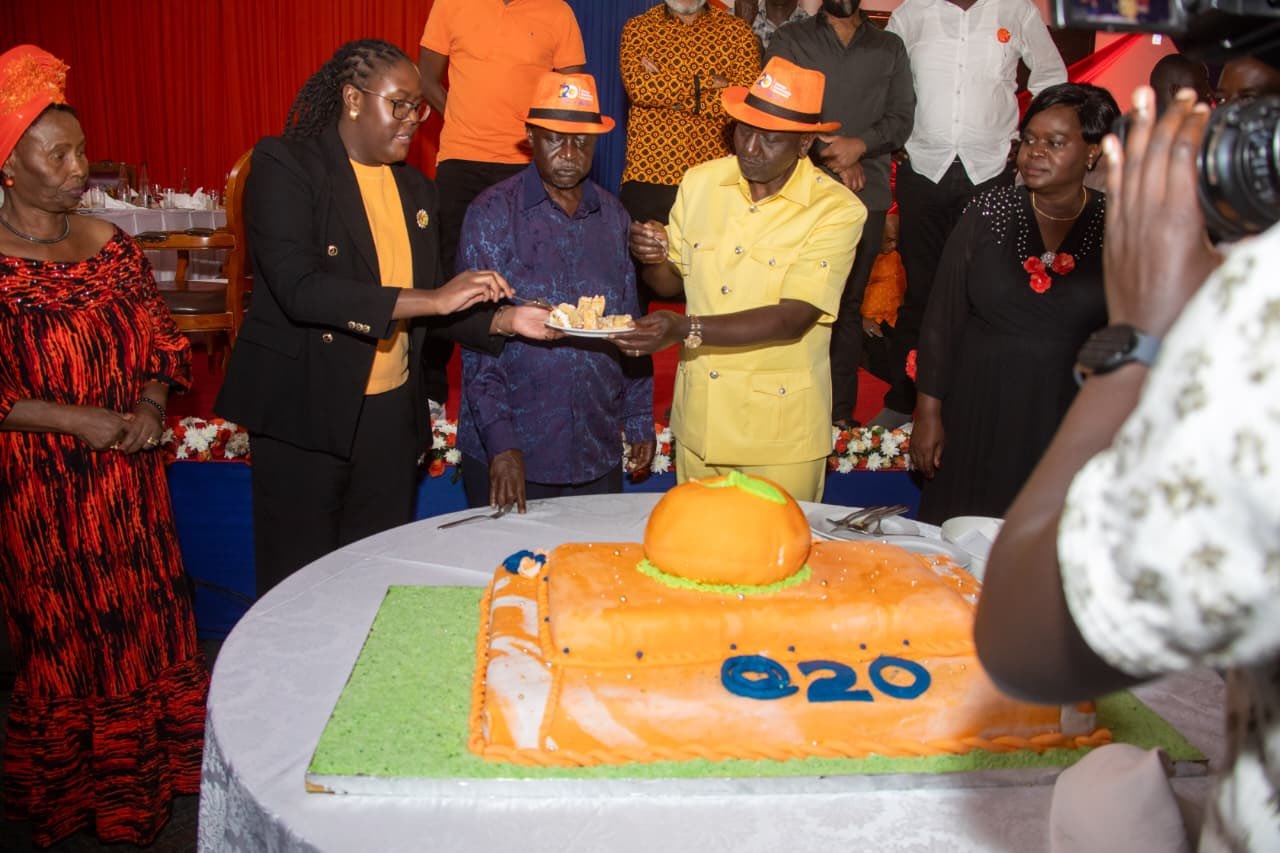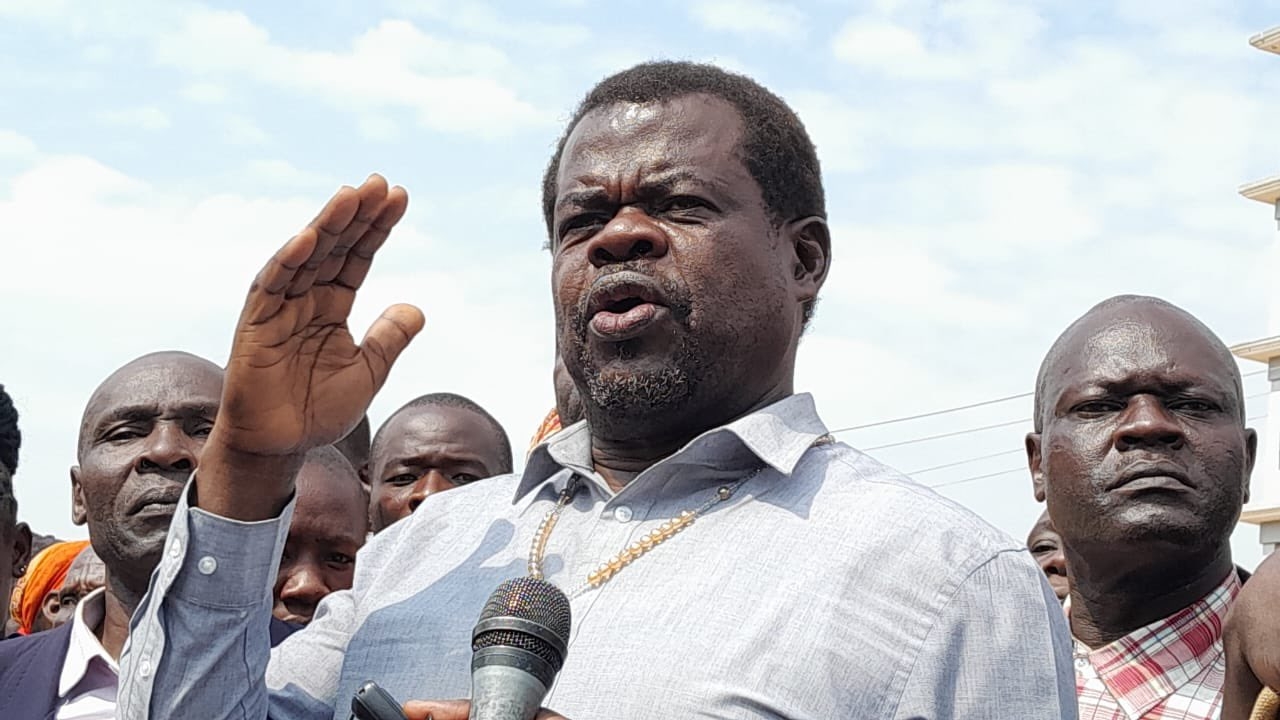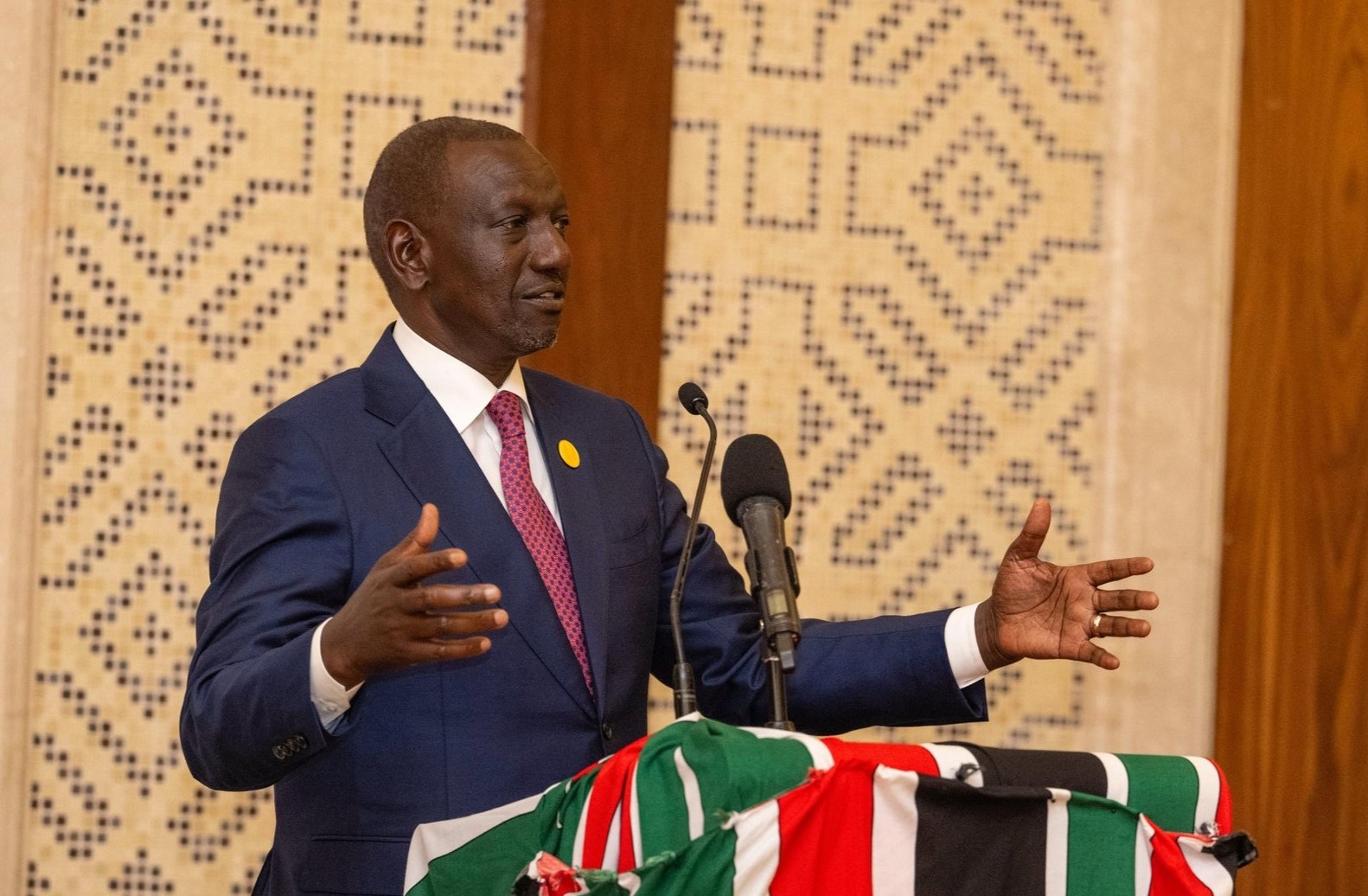When Supreme Court Chief Justice Martha Koome announced that she had requested an audience with President William Ruto, many of us found that odd.
Under our system of government, we have three independent branches of government that even though independent, are required to seamlessly work together. These are the Executive, headed by the president; the Judiciary, headed by the CJ; and the Legislature, headed by the Speaker of the National Assembly.
In the simplest form, the legislature passes bills, the President signs them into law and the Judiciary makes sure those laws are constitutional, both as enacted and how they are implemented. Because the President has the power to initiate and have laws passed or to veto laws he doesn’t like; because the President is charged with the responsibility to implement the laws; and because the President has the power to appoint those who run the government, the President is not exactly an equal to the other two heads of the other two equal branches of government.
That given, the other two heads of government, namely, the CJ and Speaker, are not and cannot be pushovers or just minions doing the bidding of the President. The whole point of having the three branches of government is precisely so we don’t have an imperial presidency where the President calls all the shots and everyone does as he pleases without any questions or challenge.
We have been there and most certainly will not go back there where both the Judiciary and Parliament were mere rubber stamps for the President. An imperial presidency and useless Judiciary and Parliament are what were precisely and overwhelmingly rejected with the promulgation of the 2010 Constitution.
We made great strides since then and Kenyans saw for the first time a level of judicial independence, which brought with it much desired freedoms, including freedom of expression that also coincided with the advent of social media where Kenyans freely participate and criticise the government, something that was unimaginable before.
More accurately, it was something that was imaginable, and those who imagined and dared exercise it were met with brutal force or death.
However, judicial independence was dealt a major blow in 2013 when the Supreme Court rendered what few can argue is not the worst decision of the country’s history—and probably forever, when the apex court tossed Raila and AfriCog’s petitions challenging the declaration of Uhuru Kenyatta as president.
The Supreme Court redeemed much of what it lost in that horrendous decision in 2017 when the retired CJ David Maraga-led court nullified the October elections of that year.
When the court affirmed Ruto’s election in 2022, many smelt a rat, but others covered their noses and chose to believe a half-full glass is better than a half-empty one.
It was therefore a shock to everyone when the head of state suddenly attacked the Judiciary on January 7 threatened to disobey court orders. This was followed by his deputy who went even further as to publicly mention the name of a judge he claims is corrupt.
Both the President and his deputy were, are, and will always be wrong about this.
Ruto couched his attacks on what he deemed to be “a few people rushing to the courts to stop plans to create job opportunities for Kenyans.” What the President forgot or was flagrantly and recklessly ignoring is this is precisely what courts are there for, namely, to make sure laws passed are constitutional and that the President and his government faithfully execute them.
If the judges rendering those rulings the President does not like are doing so because of corruption, as he charged, there is also a mechanism to deal with that, and that is the Judicial Service Commission.
The Deputy President, for his part, appears to have attacked the judge he named simply because she ruled against his personal matters, which is doubly wrong.
So, too, was the CJ’s response seeking an audience with the President, which made her look weak and subservient to Ruto, which is not and cannot be good for her, for the Judiciary and for the country.












